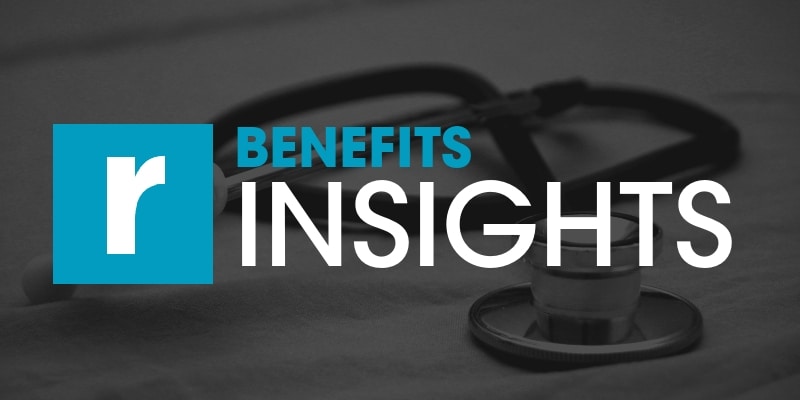28 Aug Encouraging Employees to Take PTO During the COVID-19 Pandemic
 The COVID-19 pandemic has taken a toll on nearly every facet of the workplace. With everything upended, employers are understandably focused on maintaining their service and product quality. But working hard isn’t the only key to successfully enduring the pandemic—in fact, the opposite may be just as critical.
The COVID-19 pandemic has taken a toll on nearly every facet of the workplace. With everything upended, employers are understandably focused on maintaining their service and product quality. But working hard isn’t the only key to successfully enduring the pandemic—in fact, the opposite may be just as critical.
Paid time off (PTO) is something many employees take for granted. Hundreds of millions of vacation days go unused each year, according to the U.S. Travel Association. Due to a variety of factors, some employees opt not to use time off, and they—and the entire organization—end up suffering for it in the long run.
This article explains why encouraging employees to take PTO can be just as important, if not more so, than encouraging the “hustle” culture.

28 Aug Managing Employees With “Survivor’s Guilt” in the Workplace
 “Survivor’s guilt” is often associated with car crashes or natural disasters, but it can occur after any traumatic event.
“Survivor’s guilt” is often associated with car crashes or natural disasters, but it can occur after any traumatic event.
The emotion typically comes when individuals feel remorseful for making it through a tragedy when others did not. In a professional setting, employees may experience survivor’s guilt— and the anxiety that comes with it—after organizational layoffs, furloughs or other shake-ups.
Employers should do everything they can to address these complex emotions among employees following major workplace changes. Failing to do so can result in serious long-term consequences for employees and the organization as a whole.
This article provides a brief overview of how survivor’s guilt can affect a workforce and outlines mitigation steps for employers to take. 20 Aug HR Toolkit – Leading Remote Teams
When planning how to address challenges and create an environment for successful remote teams, leaders will focus on best practices that support organization and team dynamics—but also, each individual employee.


 Fear, worry, and stress are normal responses to perceived or real threats, or when faced with uncertainty. Understandably so, it is normal that people are experiencing worry or stress during the coronavirus pandemic.
Fear, worry, and stress are normal responses to perceived or real threats, or when faced with uncertainty. Understandably so, it is normal that people are experiencing worry or stress during the coronavirus pandemic.